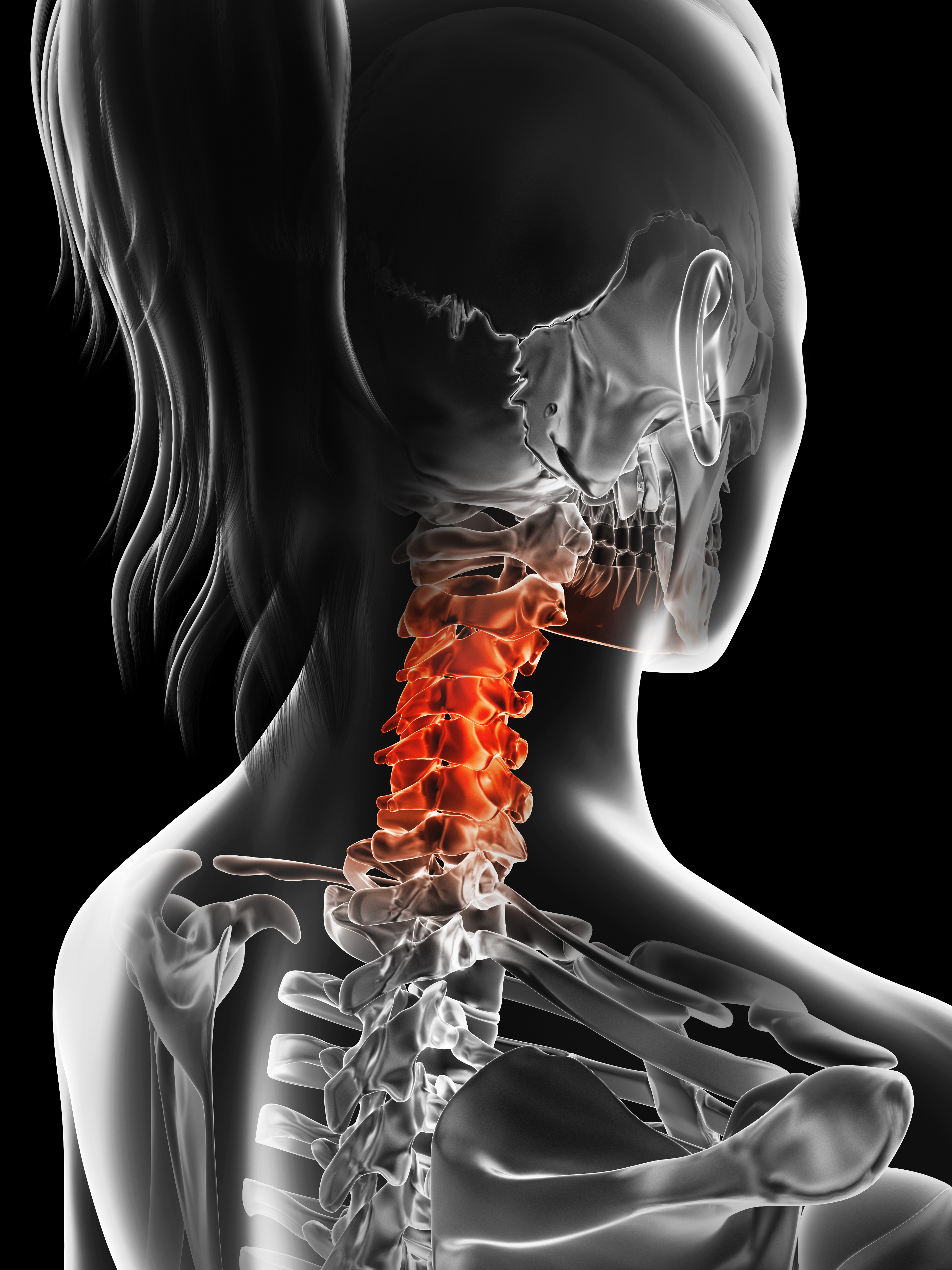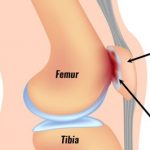 |
Neck Pain Physiotherapy for Neck Pain Neck pain is a common problem for a lot of people. Physiotherapy for Neck Pain is one of the top 5 reasons why people go for physiotherapy treatment. People can get neck pain after many different types of activities. Some of the most reported examples are: Getting a kink in the neck after a bad night’s sleep Feeling pain in the neck and shoulder area after doing some heavy lifting at home or at the gym Feeling pain in the neck when using the computer for long periods of time Feeling pain in the…
Read More





